Rare and Undiagnosed Diseases Platform
Rare and Undiagnosed Diseases Platform - RUDiP
The Rare and Undiagnosed Diseases Platform (IBG-RUDiP) was established within the IBG in line with the mission of the EU Horizon 2020-supported ERA Chairs RareBoost project (https://rareboost.ibg.edu.tr/) to transform the IBG into a center of excellence in rare and undiagnosed diseases research and innovation.
RUDiP consists of 22 faculty members and research groups with expertise in different areas of basic, translational, technological and industrial research related to rare and undiagnosed diseases.
RUDiP laboratories specialize in a wide variety of fields, including human genetics, epigenetics, cancer biology, immunology, computational biophysics, molecular biology, bioinformatics, zebrafish models, gene targeting and biobanking. Within the framework of RUDiP, rare diseases will be studied from different perspectives using the most advanced research techniques. This collaborative effort aims to advance our knowledge of rare diseases and lead to innovative diagnostic methods and treatment options for affected individuals.
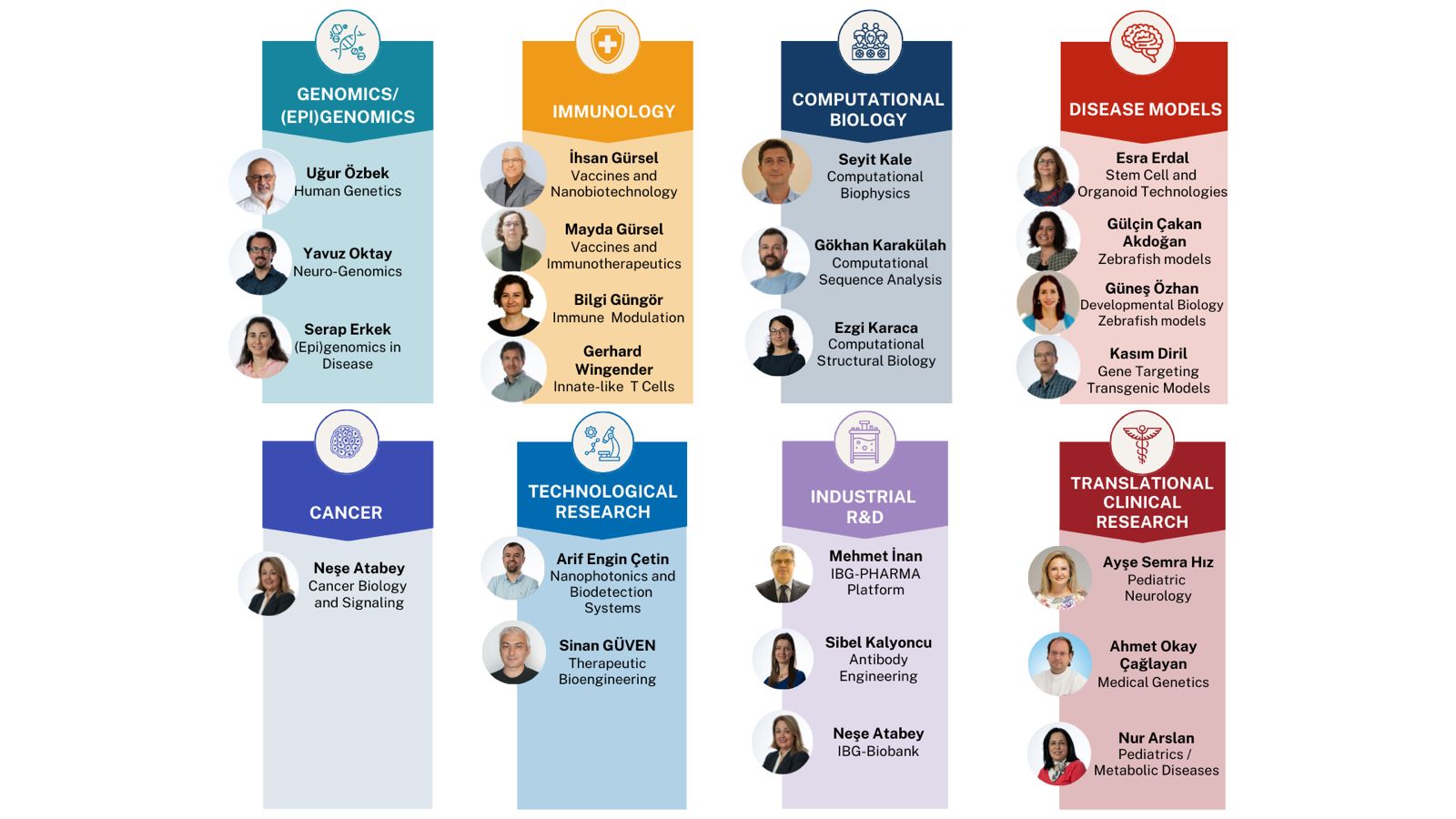
Platform Members
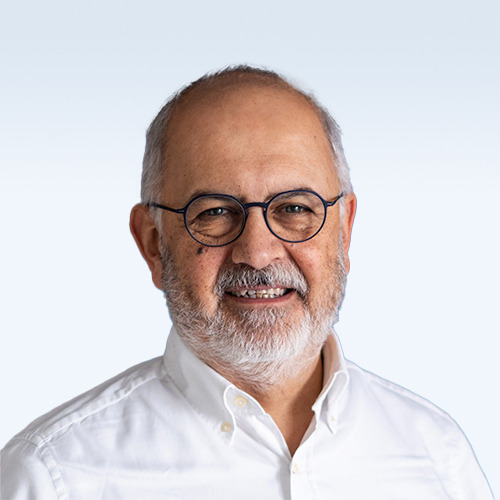
Uğur ÖZBEK Human genetics In our lab, we aim to contribute to the Rare and Undiagnosed Diseases Platform, established to strengthen efforts in diagnosing rare diseases and developing treatment options, by utilizing genomic analysis tools. Our focus is on improving patients' quality of life and encouraging their participation through scientific and clinical research. Additionally, we aim to raise awareness and enhance understanding of these rare diseases within the community. |
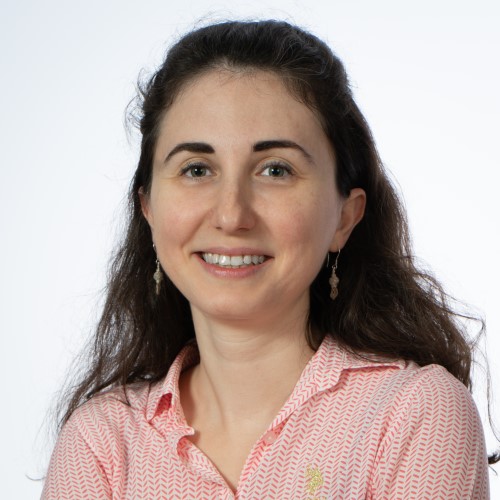
Serap ERKEK ÖZHAN Epigenetics In our lab, we aim to investigate the mechanisms that cause loss of function of chromatin modifiers, which are subunits of MLL complex, and frequently mutated both in cancer and in rare disease. We recently got a TUSEB project to study the function of KMT2D in one rare disease, Kabuki Syndrome. We would be interested to join to the future projects, characterizing the epigenetic mechanisms in rare diseases. |
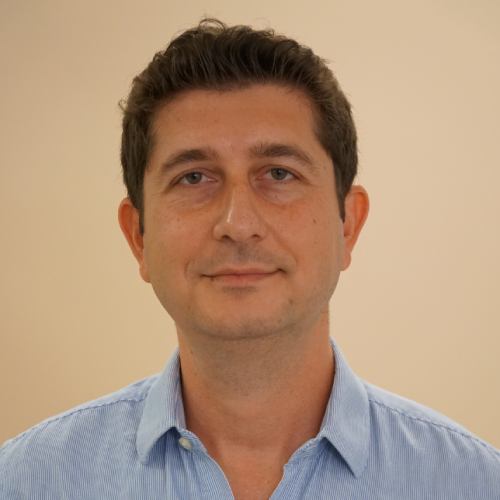
Seyit KALE Computational biophysics, in silico methods in life sciences We use tools of high-performance computing, molecular modeling and statistical physics to understand how the local exposure or compaction of chromatin affects the progression of DNA-templated processes. In the context of rare diseases, we study the Rahman syndrome where we demonstrated that a mutated linker histone H1 impairs efficient chromatin condensation. |
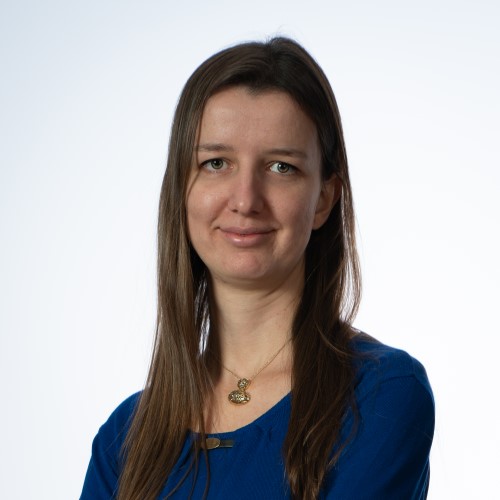
Sibel KALYONCU Biochemistry, Protein engineering, Antibody engineering Our lab can contribute to protein design, expression, purification and characterization studies with the help of IBG-Pharma platform. We can produce recombinant proteins/enzymes in microbial systems. We can also produce recombinant antibodies in both microbial and mammalian sytems. After production, we can purify and characterize the generated protein. Characterization techniques include various biohemical and biophysical characterizations including binding kinetics analysis. |
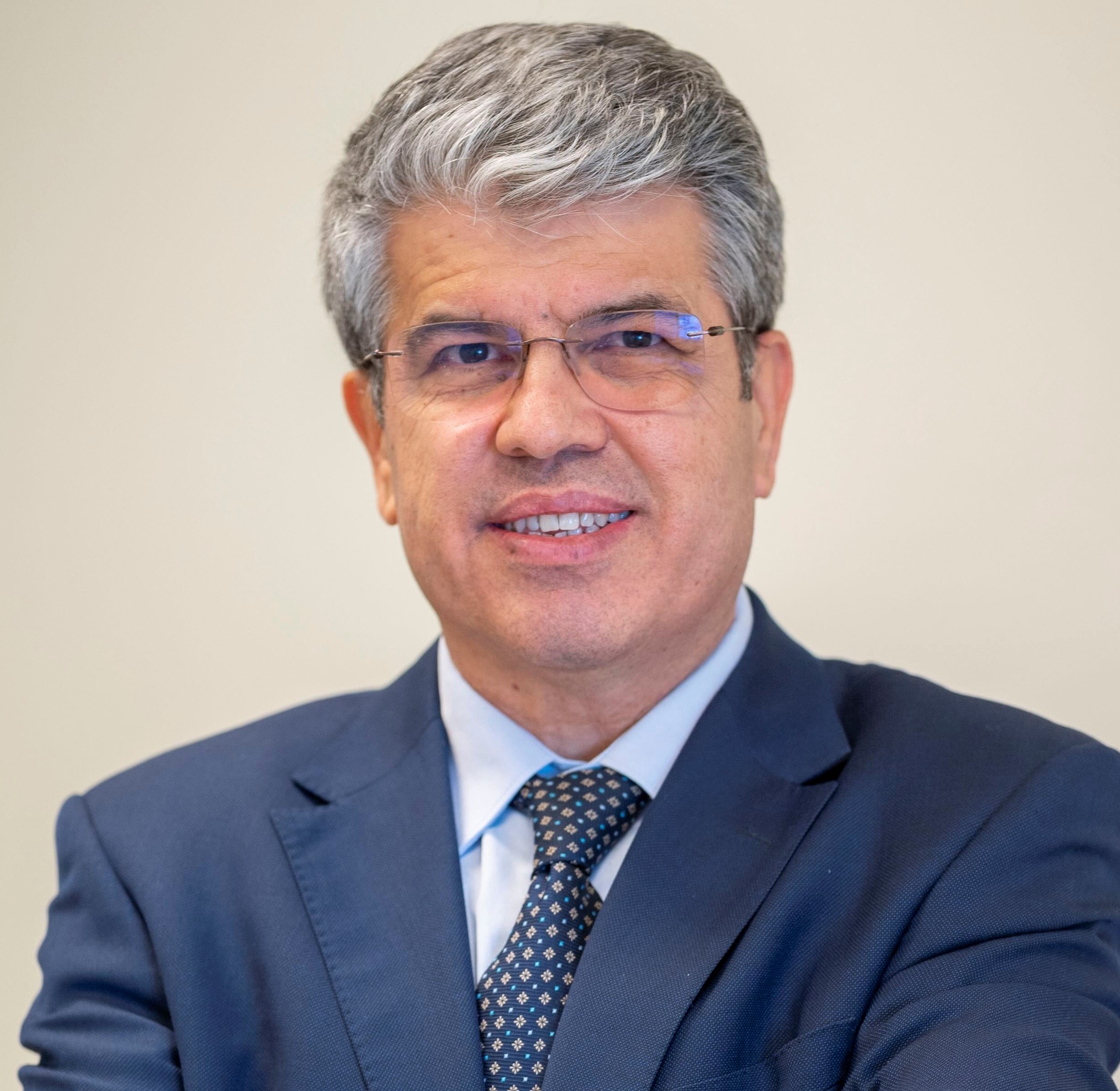
Mehmet İNAN Drug Development, protein and antibody production The aim of the IBG-PHARMA platform is to develop biotechnological products from discovery to preclinical studies and to provide biomanufacturing services. Our studies focus on the production of recombinant proteins/enzymes and antibodies for therapeutic and diagnostic purposes. For this purpose, we use E. coli bacteria, Pichia pastoris yeast, Chinese Hamster Ovary (CHO) and Human Embryonic Kidney (HEK293) mammalian cells as production hosts. We carry out production on both small scale and large scale with bioreactors, and purify and characterize the proteins we produce with our extensive infrastructure. We measure the effectiveness of our proteins, whose quality has been proven, by conducting in vitro and in vivo animal experiments (zebrafish, mouse, rat, rabbit, etc.). Our studies start from an idea and develop processes for the product, and ultimately these products are transferred to the biotechnology and pharmaceutical industry. We aim to contribute to various studies in the field of rare diseases within this scope. |

GENE TARGETING AND TRANSGENIC MODEL PLATFORM Kasım DİRİL Genetically modified mouse models, transgenic mice Our contributions will be in two areas. First, as a service platform that develops genetically modified mouse models, we can collaborate with researchers and generate preclinical models for rare diseases. We have already generated numerous knockout and knockin mice utilizing the CRISPR technique. We can do this fast and efficiently. We have the tools to generate more sophisticated models (including conditional knockout, gene knockin, pronuclear injection for transgene integration, ESC microinjection etc.) and we will happily make more complex models if there is demand. Second, we have already established or in the process of establishing novel mouse models for a number of rare genetic disorders. We need partners for detailed characterization of the phenotypes in these mice. These models include mutations in the following genes: ATG9B, HIST1H1E, Tousled-like kinase 2, TRAPPC4. |
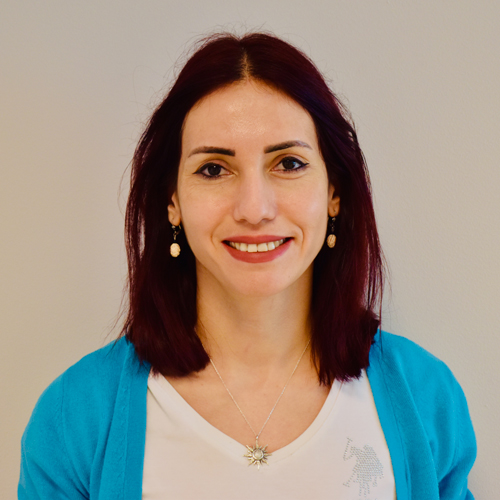
Güneş ÖZHAN Developmental biology, neuroscience, Wnt signaling, tissue regeneration, zebrafish disease models Owing to its high degree of sequence and functional homology with mammals, fully sequenced genome, easy maintenance, large number of offspring, and fast and transparent embryogenesis, the zebrafish is a very convenient scientific model organism for studying vertebrate developmental genetics and human diseases as well as high-throughput screening of drug libraries. Nevertheless, the organism takes its main power from the well-established transgenic tools, forward and reverse genetic approaches and micromanipulation techniques. Our group has successfully established various zebrafish techniques including generation of transgenic lines, CRISPR/Cas9-based genome editing and behavioral assays. We can generate zebrafish models to study the mechanisms of various rare diseases and test potential therapies. |

Neşe ATABEY Cancer biology and Genetics Atabey Lab has been working to define the mechanisms responsible for the aggressive phenotype in different cancers, especially liver and colorectal cancer. We perform genomics, transcriptomics, and proteomics analyses using cancer cell lines, 3D co-culture systems, genetically modified animal models, and patient materials. Our collaborations, which started within the scope of a COST project in recent years, resulted in an EU grant application to analyze RNA modifications during carcinogenesis in FAP patients with high-throughput methods. In this context, our studies and collaborations would contribute to the newly established rare and undiagnosed diseases platform, especially in rare cancers. |
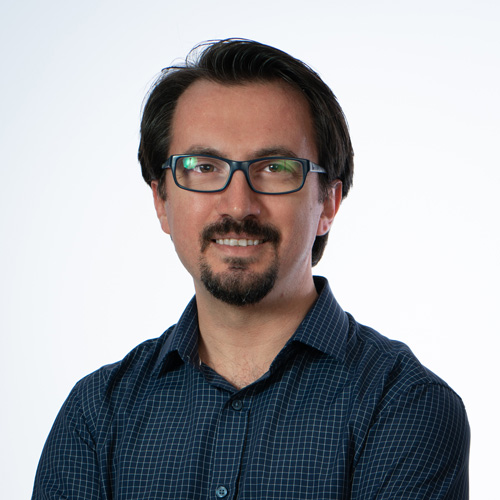
Yavuz OKTAY / Semra HIZ Molecular Biology and Genetics Our laboratory's main focus is developing disease models for a wide range of nervous system originating diseases, with an emphasis on Rare Diseases. We employ tools of genetics, cell biology, genomics, and bioinformatics. We hope to be able to contribute to the Platform by collaborations, joint project applications, etc. |

Neşe ATABEY Rare Disease Biobank IBG-BIOBANK include work towards identifying new methods to preserve samples and related data in line with biobanking good laboratory practices and at the highest quality, as well as in a way that makes follow-up possible and that protects the safety of samples and data. These activities also include those aim at developing disease-relevant cell/tissue assay models. |
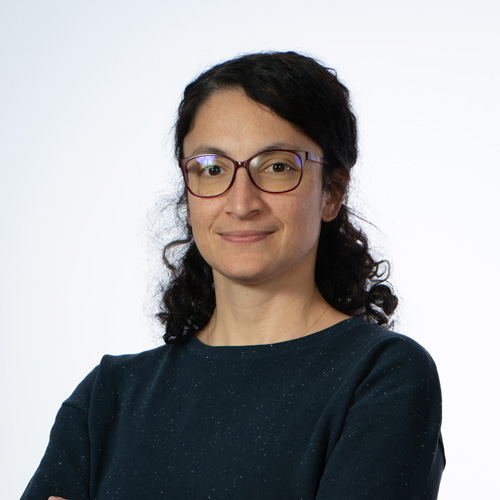
Ezgi KARACA Computational Structural Biology We are a team of computational structural biologists dedicated to understanding the structure-function relationships of biomolecules and their complexes. As part of the RUDiP consortium, our goal is to structurally characterize the impact of rare disease mutations using advanced modeling tools and to generate testable hypotheses for the functional characterization of these mutations. |
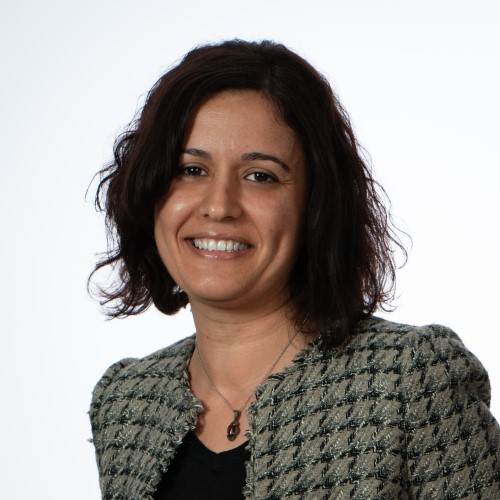
Gülçin ÇAKAN AKDOĞAN Zebrafish models as a tool for disease modeling and drug testing for efficacy and toxicity. Development of drug screening platforms and targeted drug delivery methods I would like to contribute to the platform by generation of mutant or transgenic zebrafish lines and investigating disease mechanisms in these models. Another important contribution will be to test potential drugs, to conduct drug repurposing or drug discovery studies. We have proven capacity to develop genetically modified disease models and study the mechanistic aspects of related pathologies. As part of one 1001 project we have generated the first in vivo model of macular cornea dystrophy. |
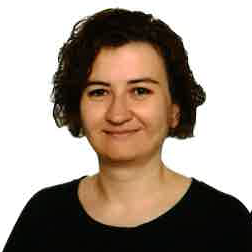
Bilgi GÜNGÖR Immune Modulation As an immunologist, I would like to contribute with tailored functional assays to assess diverse aspects of immune function in patient samples. These assays include cellular proliferation, cytokine profiling, phagocytic activity, oxidative stress assessment, and the evaluation of specific immune cell subsets and their functional capacities. |

Gerhard WINGENDER Immunology We support the Platform with our immunological expertise, including the deep phenotyping of patient material and of mouse models for rare diseases. We are always open for new collaborations on rare immunological diseases. |
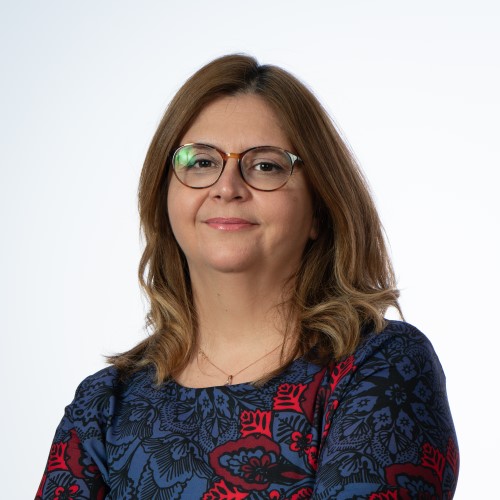
Esra ERDAL / Nur ARSLAN / Zeynep ÖZBEK Inherited metabolic disorders/ Rare eye disorders We are working on rare and undiagnosed patients with inherited metabolic origin or component. We have access to patient relatad clinical and biological data. Moreover, we can create organoid models for inherited metabolic disorders in Erdal Lab. |
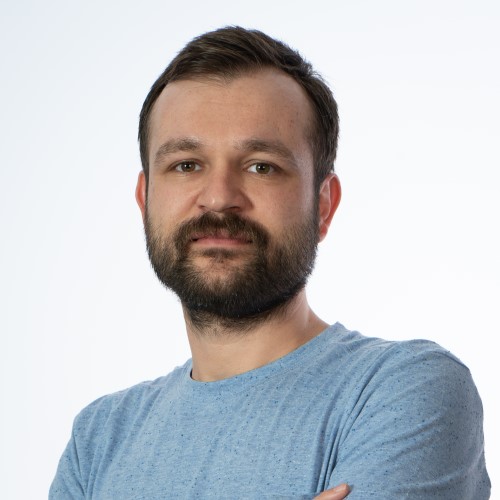
Gökhan KARAKÜLAH Bioinformatics Computational analyses and interpretation of NGS data sets |

İhsan GÜRSEL
|
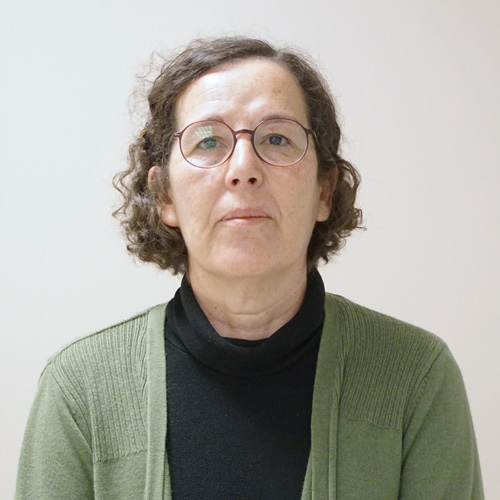
Mayda GÜRSEL Functional assays related to primary immunodeficiency disease (PID) patients.
|
News
Open Postdoc Positions
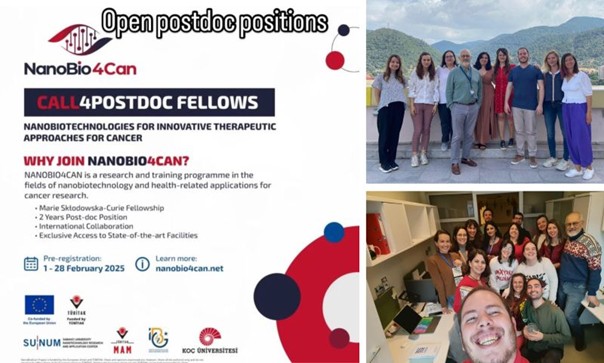
Join Our Research Team in Advancing Molecular Mechanisms, Therapeutics in Neuroblastoma Research and Epigenetics!
We are looking for enthusiastic and highly motivated postdoctoral fellows with expertise in molecular biology, medicine, pharmacy, bioinformatics, or related disciplines to join our vibrant research team at the Izmir Biomedicine and Genome Center as part of the ongoing Rare Disease-Rare Cancers research work with Özbek Lab Team.
The positions focus on the following research areas:
- Uncovering the detailed molecular mechanisms involved in drug resistance and prognosis of neuroblastoma
- Cutting-edge CRISPR-Cas9 technology to perform proximity ligation assays and BioID studies to identify of protein-protein interactions and molecular networks.
- Development of monoclonal antibody-based therapies
- Deregulations in chromatin regulatory networks in cell models and clinical samples to unravel the molecular processes underlying disease progression
- Integrated analyses of ChIP-seq, ATAC-seq, DNA methylation with transcriptomic and proteomic approaches.
If this scientific endeavor sparks your interest, we encourage you to submit your application via https://nanobio4can.net
https://www.linkedin.com/feed/update/urn:li:activity:7295360616427393024
https://rareboost.ibg.edu.tr/postdoctoral-researcher-positions-with-nanobio4can-program/
Personnel

Rare and Undiagnosed Diseases Platform
Platform Director
Uğur ÖZBEK
ugur.ozbek@ibg.edu.tr
+90 232 299 41 00
(5211)
+9
02322994185
Former Personnel
Contact

Rare and Undiagnosed Diseases Platform
Platform Director
Uğur ÖZBEK
ugur.ozbek@ibg.edu.tr
+90 232 299 41 00
(5211)
+9
02322994185